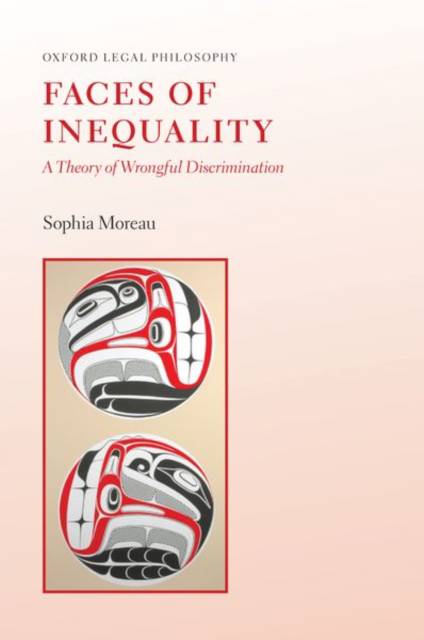
Door een staking bij bpost kan je online bestelling op dit moment iets langer onderweg zijn dan voorzien. Dringend iets nodig? Onze winkels ontvangen jou met open armen!
- Afhalen na 1 uur in een winkel met voorraad
- Gratis thuislevering in België vanaf € 30
- Ruim aanbod met 7 miljoen producten
Door een staking bij bpost kan je online bestelling op dit moment iets langer onderweg zijn dan voorzien. Dringend iets nodig? Onze winkels ontvangen jou met open armen!
- Afhalen na 1 uur in een winkel met voorraad
- Gratis thuislevering in België vanaf € 30
- Ruim aanbod met 7 miljoen producten
Zoeken
Omschrijving
This book defends an original and pluralist theory of when and why discrimination wrongs people. Starting from actual legal cases in which claimants have alleged wrongful discrimination by other people or by the state, Sophia Moreau argues that we can best understand these people's complaints by thinking of them as complaints about different ways in which they have not been treated as equals in their societies--in particular, through unfair subordination, through the violation of their right to a particular deliberative freedom, or through the denial to them of access to a basic good, that is, a good that this person must have access to if they are to be, and to be seen as, an equal in their society. The book devotes a chapter to each of these wrongs, exploring in detail what unfair subordination consists of; what deliberative freedoms are, and when each of us has a right to them; and what it means to deny someone access to a basic good. The author explains why these wrongs are each distinctive, but are each a different way of failing to treat some people as the equals of others. Finally the author argues that both the state and we as individuals have a duty to treat others as equals, in these three specific senses.
Specificaties
Betrokkenen
- Auteur(s):
- Uitgeverij:
Inhoud
- Aantal bladzijden:
- 276
- Taal:
- Engels
- Reeks:
Eigenschappen
- Productcode (EAN):
- 9780190927301
- Verschijningsdatum:
- 27/04/2020
- Uitvoering:
- Hardcover
- Formaat:
- Genaaid
- Afmetingen:
- 155 mm x 239 mm
- Gewicht:
- 539 g

Alleen bij Standaard Boekhandel
+ 451 punten op je klantenkaart van Standaard Boekhandel
Beoordelingen
We publiceren alleen reviews die voldoen aan de voorwaarden voor reviews. Bekijk onze voorwaarden voor reviews.











